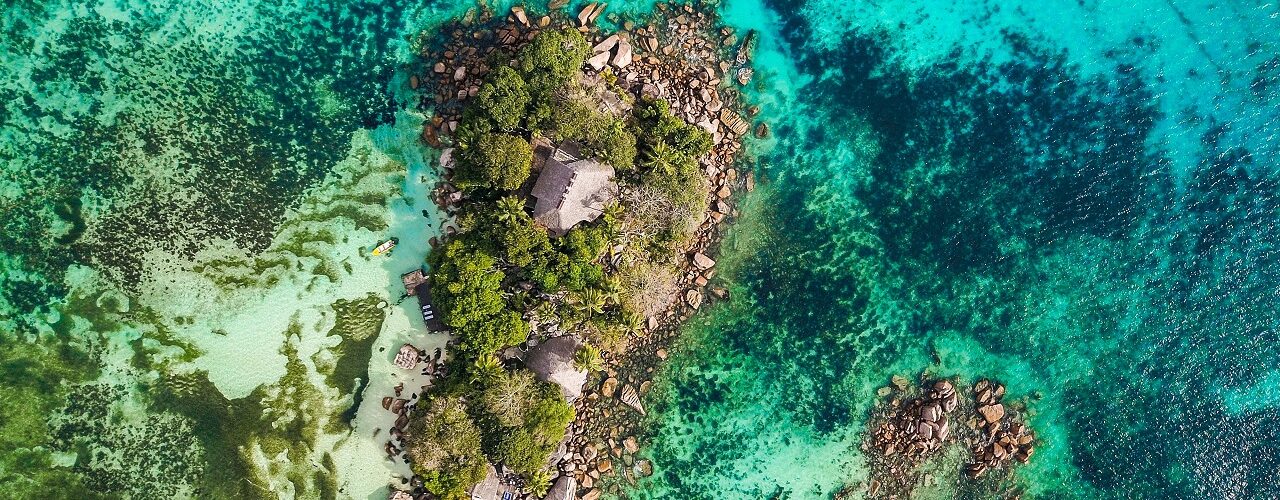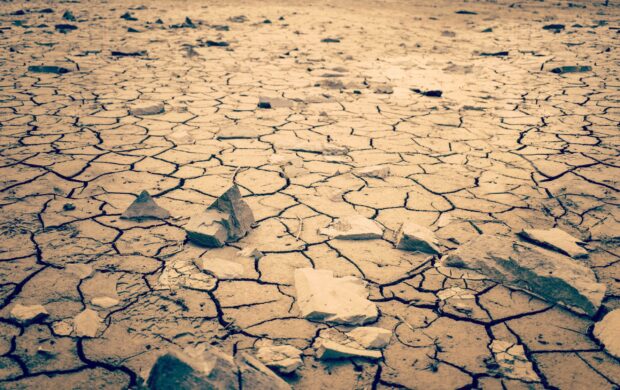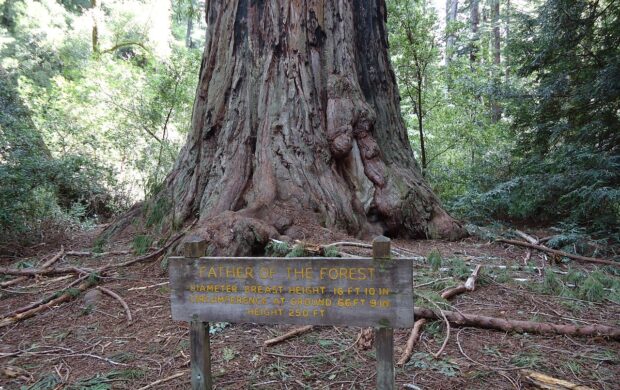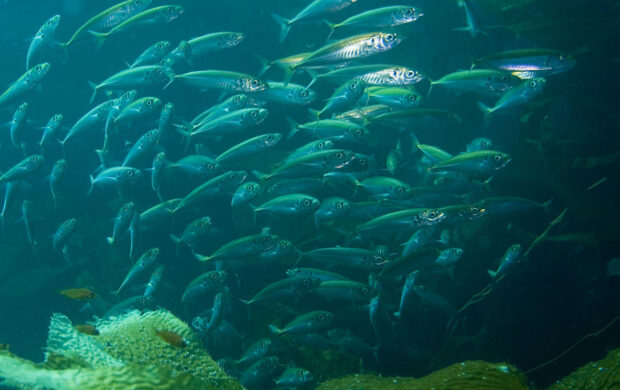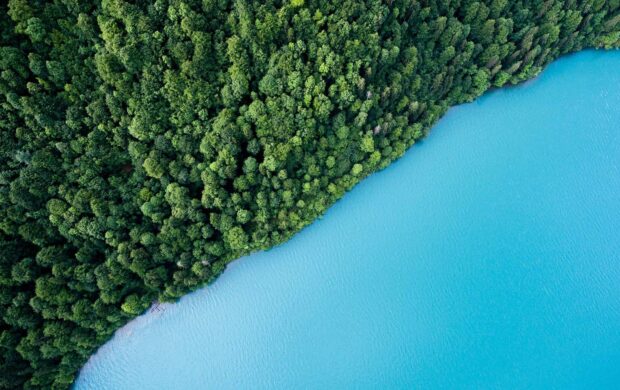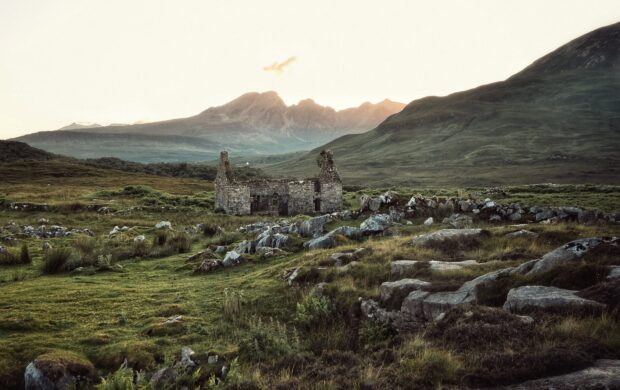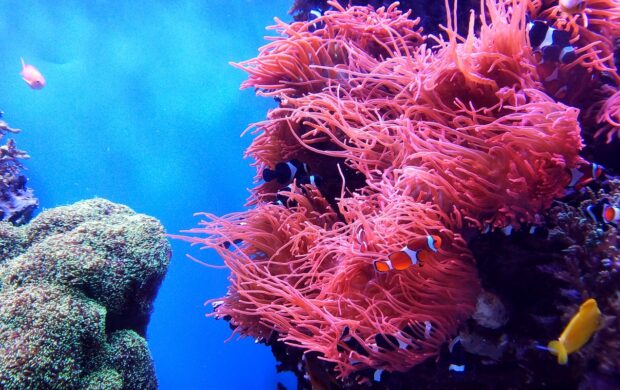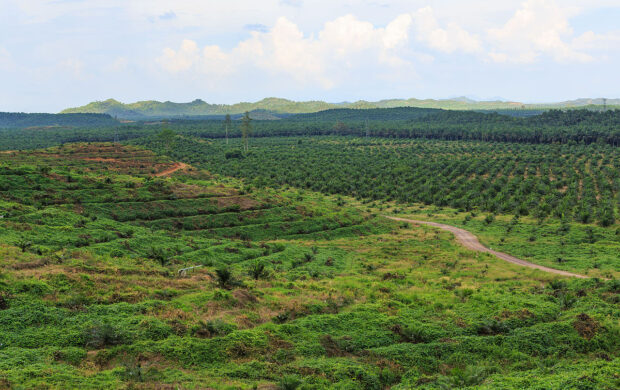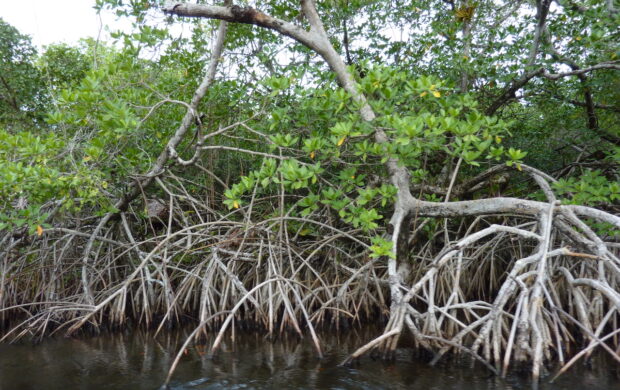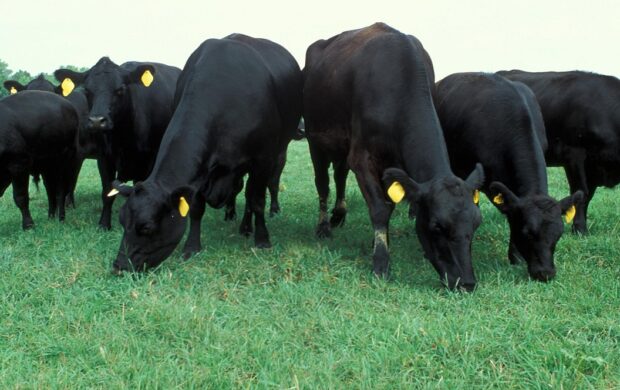The island nation of Seychelles is to create two huge marine parks in exchange for a large amount of its national debt to be written off. This first finance scheme of its kind swaps the $22m of national debt owed to several countries, for protecting 15% of the Seychelles ocean with plans of the government doubling this target by 2021. The Nature Conservancy (TNC), an NGO, bought the debt at a discounted price as part of the deal and through additional fundraising TNC has freed $12m from the Seychelles budget over the next 20 years in order to help implement this new marine plan. The new protected areas will ban all extractive uses such as fishing and oil exploitation in the area around Aldabra, which is 74,000 sq km, and the area centred on the main island of Mahe, which is 134,000 sq km. In recent years, evidence of climate change has affected the Seychelles’ ecosystems as the waters warm and severe storms become more frequent, there has been an increase in coal bleaching and fish not returning to their habitat.
